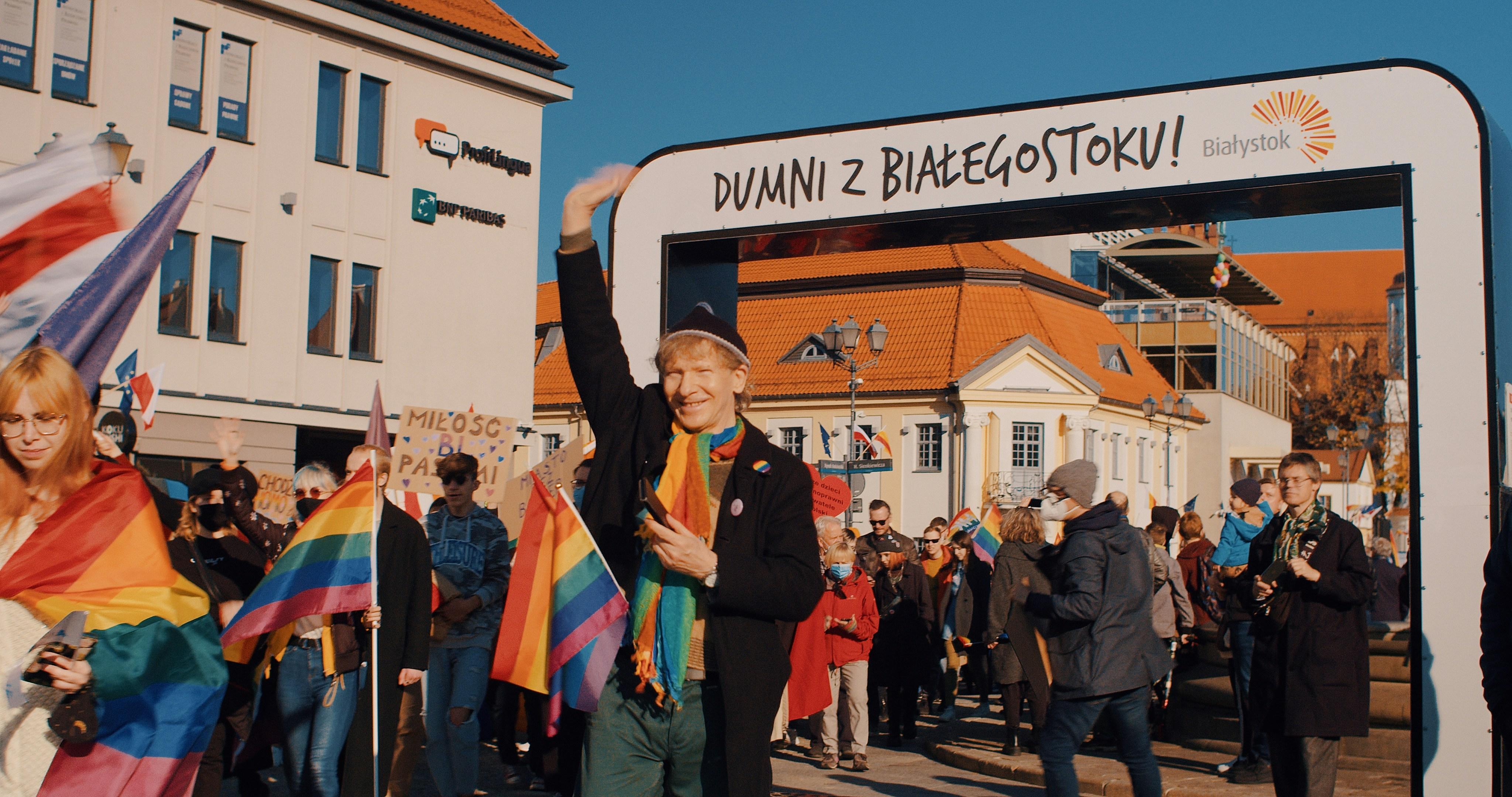The Academy Awards, an annual celebration of cinematic excellence, have long been a stage for moments that transcend the boundaries of film and enter the realm of cultural legend. Over the decades, the Oscars have not only honored artistic achievements but have also provided a mirror reflecting societal shifts, controversies, and triumphs. This retrospective delves into the most iconic moments in Oscar history, offering an analytical lens on how these instances have shaped public discourse and influenced the evolution of the film industry. From unexpected victories and poignant speeches to unforeseen mishaps, these moments encapsulate the dynamic interplay between art and society, revealing the Oscars as more than just an awards ceremony but a pivotal cultural institution.
Evolution of Oscar Ceremony Traditions Over the Decades
The Oscar ceremony, a cornerstone of Hollywood’s glitz and glamour, has undergone remarkable transformations over the decades. From its humble beginnings in 1929 at the Hollywood Roosevelt Hotel, attended by just 270 guests, to the global spectacle it is today, the Academy Awards have continually evolved, reflecting shifts in cultural norms and technological advancements. Notable changes include the introduction of televised broadcasts in 1953, which expanded the ceremony’s reach and popularity, and the shift towards more inclusive and diverse nominations in recent years.
- 1973: Marlon Brando’s rejection of his Best Actor award, sending Sacheen Littlefeather in his place to protest Hollywood’s portrayal of Native Americans, marked a turning point for political statements at the Oscars.
- 1989: The infamous duet between Rob Lowe and Snow White, an attempt to modernize the show, was met with widespread criticism, showcasing the fine line between innovation and tradition.
- 2002: Halle Berry’s historic win as the first African-American woman to receive the Best Actress award highlighted the ceremony’s slow progress towards racial equality.
These iconic moments illustrate how the Oscars have both mirrored and influenced societal changes, becoming a platform for broader conversations about representation and inclusivity in the entertainment industry. As the Oscars continue to adapt, they maintain a delicate balance between honoring tradition and embracing the future.

Analyzing Memorable Acceptance Speeches and Their Impact
The allure of the Oscars extends beyond the red carpet glitz and glamour, as acceptance speeches have historically provided some of the most poignant and memorable moments in cinematic history. These speeches often become emblematic of the cultural and social climate of their times, resonating with audiences far beyond the confines of the Dolby Theatre. Whether it’s an actor’s heartfelt gratitude, a call to action, or a moment of vulnerability, these speeches are crafted with a purpose that transcends the immediate celebration of individual achievement.
Some speeches have left an indelible mark due to their powerful messages and the charisma of the speakers. Marlon Brando’s refusal of the Oscar in 1973, conveyed through Sacheen Littlefeather, brought attention to Native American rights, while Halle Berry’s emotional acceptance in 2002 underscored the significance of her historic win as the first African American woman to receive the Best Actress award. Leonardo DiCaprio’s climate change appeal in 2016 demonstrated how a platform of personal triumph could be leveraged for advocacy. These speeches are not just about the recipients; they often reflect broader societal issues, igniting conversations that persist long after the ceremony concludes. By examining these moments, we can better understand the intersection of art, celebrity, and activism.

Exploring Controversial Oscar Moments and Their Aftermath
-
1999: The Shakespeare in Love Upset
The 71st Academy Awards saw a surprise win for “Shakespeare in Love” over “Saving Private Ryan,” sparking heated discussions about the influence of aggressive Oscar campaigning. The aftermath revealed the extent to which marketing could sway Oscar voters, leading to increased scrutiny on the campaigning process. This event also marked a turning point in how studios approached awards season, prioritizing strategic promotion over artistic merit.
-
2017: The Best Picture Mix-Up
A jaw-dropping moment unfolded when “La La Land” was mistakenly announced as the Best Picture winner instead of the rightful recipient, “Moonlight.” The ensuing chaos highlighted vulnerabilities in the award ceremony’s procedural integrity. In response, the Academy instituted stricter protocols, including enhanced verification processes and revamped presenter guidelines, to prevent future errors. This incident underscored the importance of transparency and accuracy in maintaining the credibility of the Oscars.

Recommendations for Future Oscar Ceremonies Based on Historical Insights
Drawing from the treasure trove of unforgettable Oscar moments, several recommendations emerge to enhance future ceremonies. Firstly, maintaining a balance between tradition and innovation is crucial. The Oscars have always been a celebration of cinematic excellence, and honoring this legacy through thoughtful tributes can resonate deeply with audiences. Simultaneously, embracing new technologies such as augmented reality or interactive digital platforms can engage younger viewers, offering a fresh perspective on the awards.
- Inclusive Representation: Ensuring diverse voices and stories are highlighted can enrich the ceremony, reflecting a broader spectrum of human experience.
- Engaging Hosts: Selecting hosts with genuine charisma and wit can transform the event into an entertaining spectacle, making it memorable beyond the awards themselves.
- Interactive Elements: Integrating real-time audience participation, possibly through social media, can create a dynamic atmosphere, encouraging global involvement.
- Sustainable Practices: Implementing eco-friendly practices, such as sustainable fashion and zero-waste events, can align the Oscars with contemporary values, appealing to environmentally conscious viewers.
